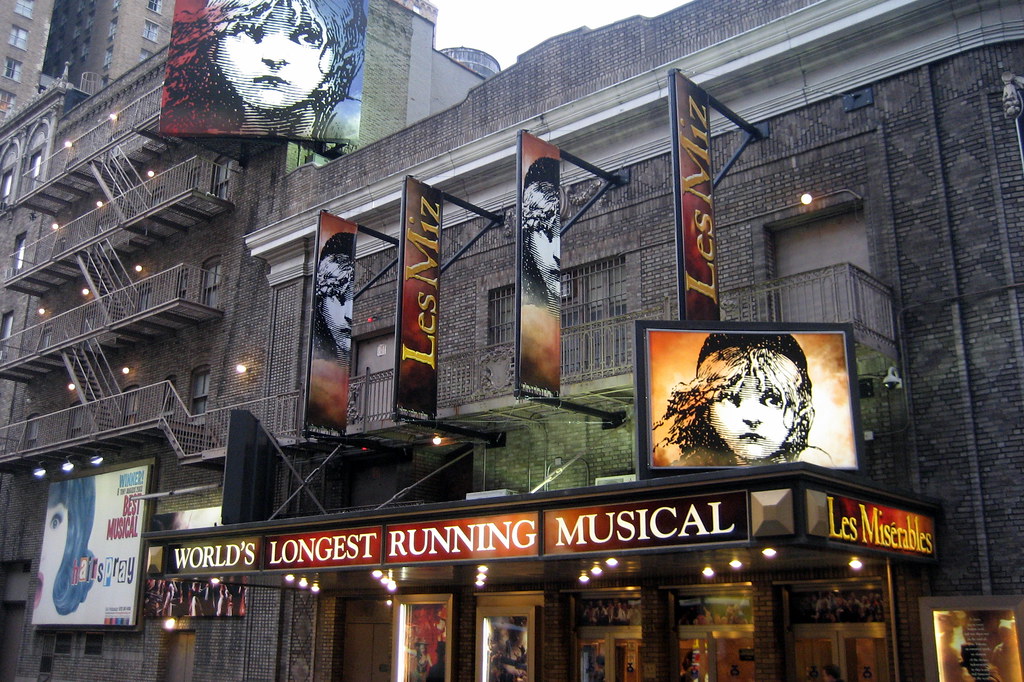Though people may find me at various protests and rallies, I usually lack the enthusiasm to shout slogans like, “We’re here and we’re queer”-possibly because I find my queer identity fiercely evident. In trying to cope with the social responses to my queer identity, life becomes a battle to constantly heal wounds-not always physical wounds, but more often wounds of social alienation and rupture. This is to address those that create the wounds with the enactment of homophobic candor, whether intentional or not-those who wade in the shallow end of the acceptance pool.
Because these wounds originate at a societal level, the responses to most adequately heal them generally arise through public address. With the many problems that arise because of social biases against lesbian, gay, bisexual, transgender, queer and otherwise questioning individuals, and the escalation from these biases to crimes of hate, a public venue to affirm and dispel myths is necessary. Gay pride functions as one of the most visible and large venues to assist in this endeavor. Queer pride offers me, and many others, a response to the biased and hateful individuals within our society. Pride offers not only the visibility of self-love that each queer person has, but a reassurance of the communal dignity that queers and their allies share. University Pride provides this same function in the university community.
I actually wonder why anyone would find offense seeing two men kiss. I can probably say that with ease because I am homosexual, but it still baffles me. It seems that there is a social pressure by many people to condemn such behavior because of moral convictions that reassert heteronormativity within the world community.
I would never advocate anyone to deny their his or her convictions, yet question how queers within the community even affect these people who appear to be so morally appalled.
Kathryn Stockton asserts, and I concur, that it requires identity displacement for anyone to be psychologically harmed from the visibility of homosexuality or queerness. It seems that the archnemesis to queerness in Utah, Gayle Ruzicka, confuses herself for one of the homosexually engaged when she sees two women holding hands at the mall. Merely seeing such an act would have no psychologically damaging affects on Ms. Ruzicka, unless of course she is somehow confusing her identity with one of the homosexually engaged-and from all of the nasty and hateful comments that seep from her mouth, I have no reason to believe that she is confused.
Ruzicka actually has the power to enact her biased opinions because she embodies so many powers from “the man.” This force comes from the white, heterosexual, Christian, middle- and upper-class male persona.
Every pride movement by a marginalized group attempts to disengage the hierarchal power of “the man” and create a more equal society. Queers just happen to be one of the largest populations remaining that is wounded by an overwhelming assumption that our subjugation is acceptable.
So many people find ease in laughing at sitcoms like “Will & Grace” or the queer eyes that are making over so many straight guys, but lend little assistance to enact hate crimes legislation or befriend an estranged transgender classmate. Think about how the visibility of queers actually affects your life, your identity and your moral actions. You may find that you are not morally responsible for the actions of others and that the actions of others are not immediately affecting your physical or psychological well-being. From here, we may find the social Neosporin to heal the many wounds that marginalized groups embody. This Neosporin will not come from tolerance or acceptance, but the pride and celebration of individual difference.











